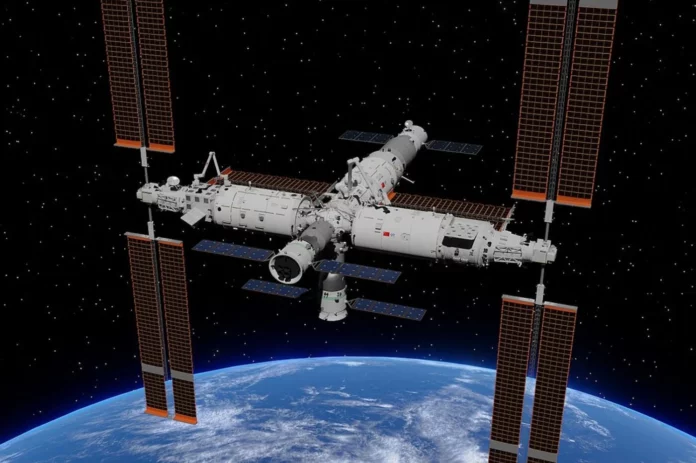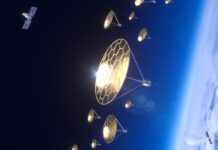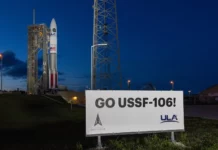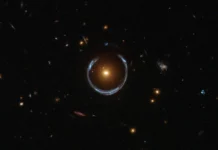In October 2022, China launched the last module of its orbiting space station. Since then, not only astronauts have been aboard Tiangong, but an unusual and previously unknown microbe has also been living in low Earth orbit.
A team of scientists examined swabs collected inside the Tiangong space station and discovered a form of bacteria that is not known to live on Earth. The discovery, published in the International Journal of Systematic and Evolutionary Microbiology, highlights the need to study the newly discovered strain of bacteria to protect the health of astronauts aboard the Chinese space station.
The previously unknown microbe, named Niallia tiangongensis after the space station where it was discovered, has proven to be particularly resilient, surviving in the harsh conditions of microgravity. In May 2023, astronauts of the Shenzhou-15 spacecraft took swabs from a cabin on the space station as part of a study of the microbiome of the Chinese space station’s living area. Further analysis of the swabs showed that the newly discovered microbe belongs to a strain similar to Niallia circulans, a rod-shaped spore-forming bacterium originally isolated from soil.
It is unclear whether the strain developed on the space station or had already evolved on Earth before entering low Earth orbit.
The newly described species can break down gelatin into nitrogen and carbon, helping it to withstand harsh conditions by forming a protective biofilm. It also packs its main chemical into tough spores, allowing it to survive in extreme conditions.
Last year, scientists discovered a mutated strain of the drug-resistant bacterium thriving in the harsh conditions of space aboard the International Space Station (ISS).
Although Niallia tiangongensis and its ISS counterpart are space-borne strains, they differ in composition and function, the article says.
It is not yet clear whether the bacterium poses a threat to Tiangong astronauts, but the scientists who made the discovery say further study of the new strain is needed. “Understanding the characteristics of microbes during long-duration space missions is essential to maintaining the health of astronauts and keeping spacecraft functional,” the article says.









